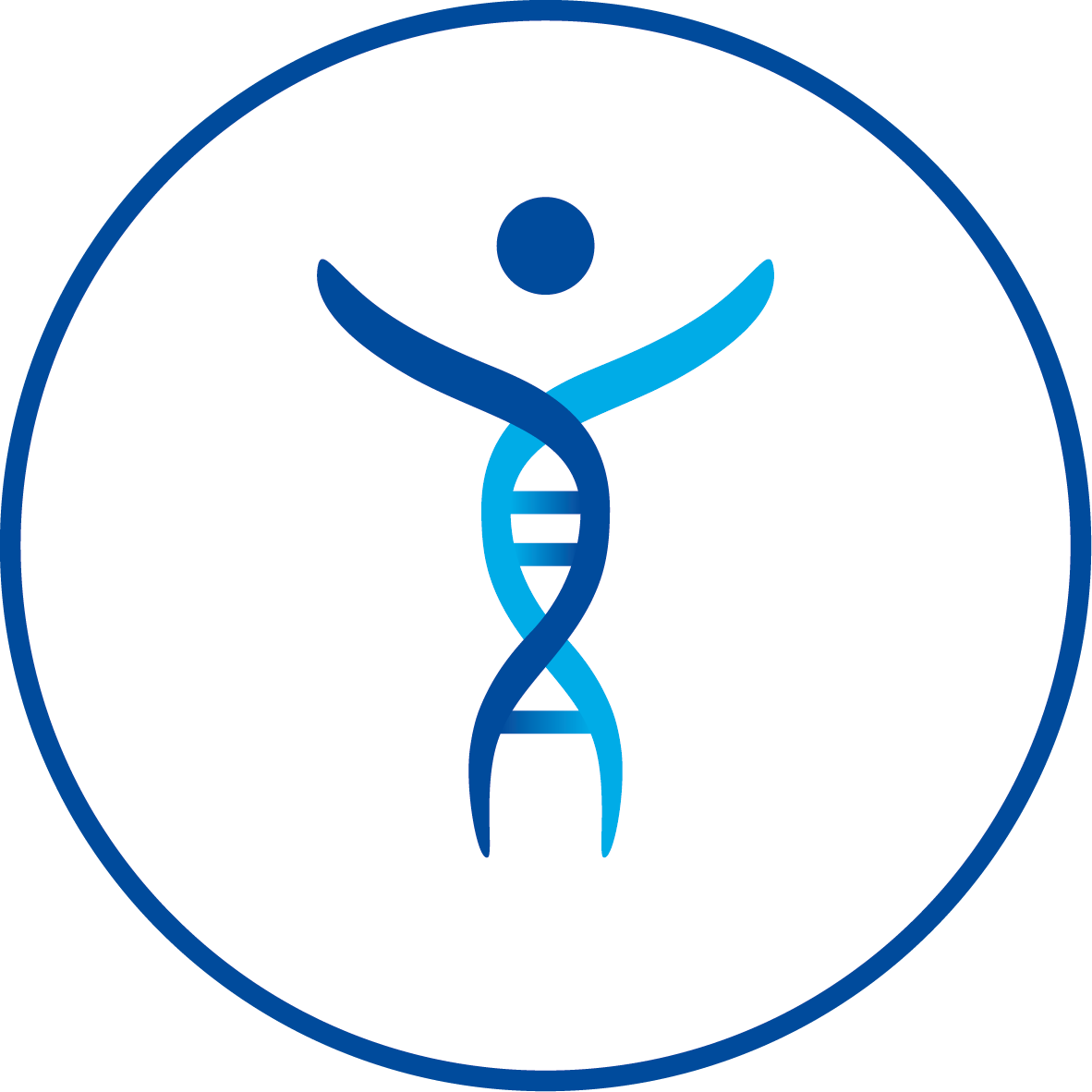
Current State of Research on Weaver Syndrome
This section aims to provide current studies and insights on Weaver syndrome to inform patients and professionals.
13
Published Studies
This number represents the known and published scientific papers on Weaver syndrome.
3
Research Projects
This number reflects the currently ongoing research initiatives known to us that are contributing to new insights.
5
Patient Participation
This number reflects the number of patients known to us who are participating in studies on Weaver syndrome.

Latest Research on Weaver Syndrome
Dr. Jill Fahrner, M.D., Ph.D., and her dedicated team at the renowned Johns Hopkins School of Medicine in Baltimore, Maryland, are conducting cutting-edge research into the causes of Weaver syndrome and potential treatment approaches.
They are currently running a promising study using both mouse models and human stem cells. This research has the potential to identify a novel treatment for a disease that is currently untreatable.
Currently Active Research Studies on Weaver Syndrome
| Title (English) | Titel (Deutsch) | Link | Short Description | Kurzbeschreibung |
| iPSC-based Model Study (NIH) | iPSC-Modell-Forschung (NIH) | Link | Patient-derived stem cells are used to study epigenetic mechanisms and possible therapies for Weaver syndrome. | Stammzellen von Weaver-Patienten werden verwendet, um epigenetische Mechanismen und Therapieansätze zu untersuchen. |
| Mouse Model with EZH2 Mutation (JCI Insight) | Mausmodell mit EZH2-Mutation (JCI Insight) | Link | Mice with the most common EZH2 mutation (p.R684C) display overgrowth, reversible through specific enzyme inhibitors. | Mäuse mit der häufigsten EZH2-Mutation (p.R684C) zeigen Überwuchs; die Symptome lassen sich durch bestimmte Inhibitoren umkehren. |
| Genotype-Phenotype Project (ERN-ITHACA) | Genetisch-klinisches Projekt (ERN-ITHACA) | Link | European network study to collect clinical and genetic data on patients with EZH2 mutations. | Europäisches Netzwerkprojekt zur Erfassung klinischer und genetischer Daten von Patienten mit EZH2-Mutationen. |
Your Contribution to Research
Because the condition is so rare, there is little research, no targeted treatment, and no reliable prognosis, as each variant presents differently. This is why we would like to put together information of weaver individuals to get a better and greater understanding.
We cordially invite you to complete our Weaver Syndrome Questionnaire and the Overgrowth Syndromes Alliance (OSA) Patient Priority Survey, share relevant new research with us, or feel free to express your interest as a medical professional or organization – in engaging with individuals and families affected by Weaver syndrome.
Help Us Keep This Section Up to Date
If you are aware of additional studies or publications on Weaver syndrome that are not mentioned here, or if you are conducting research we have not yet listed, we kindly ask you to let us know. Your input helps us provide the most accurate and comprehensive overview possible.
Thank you for your support and collaboration.
